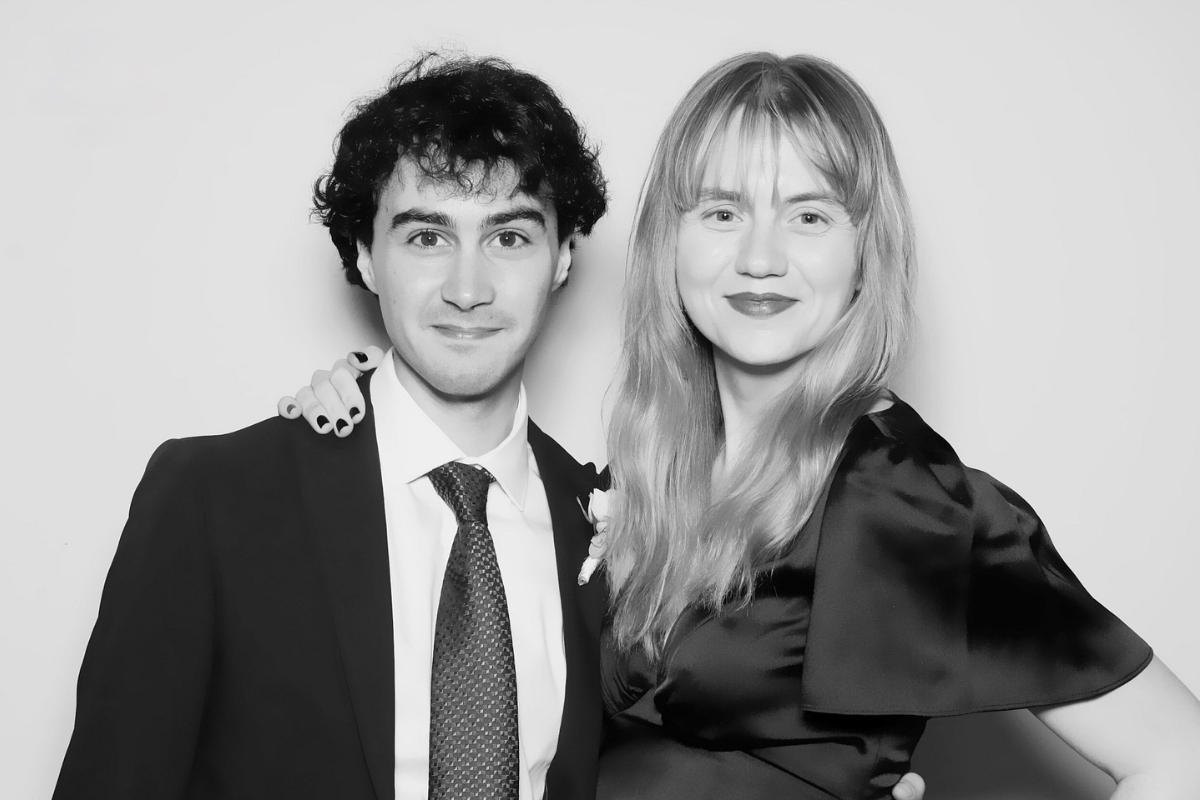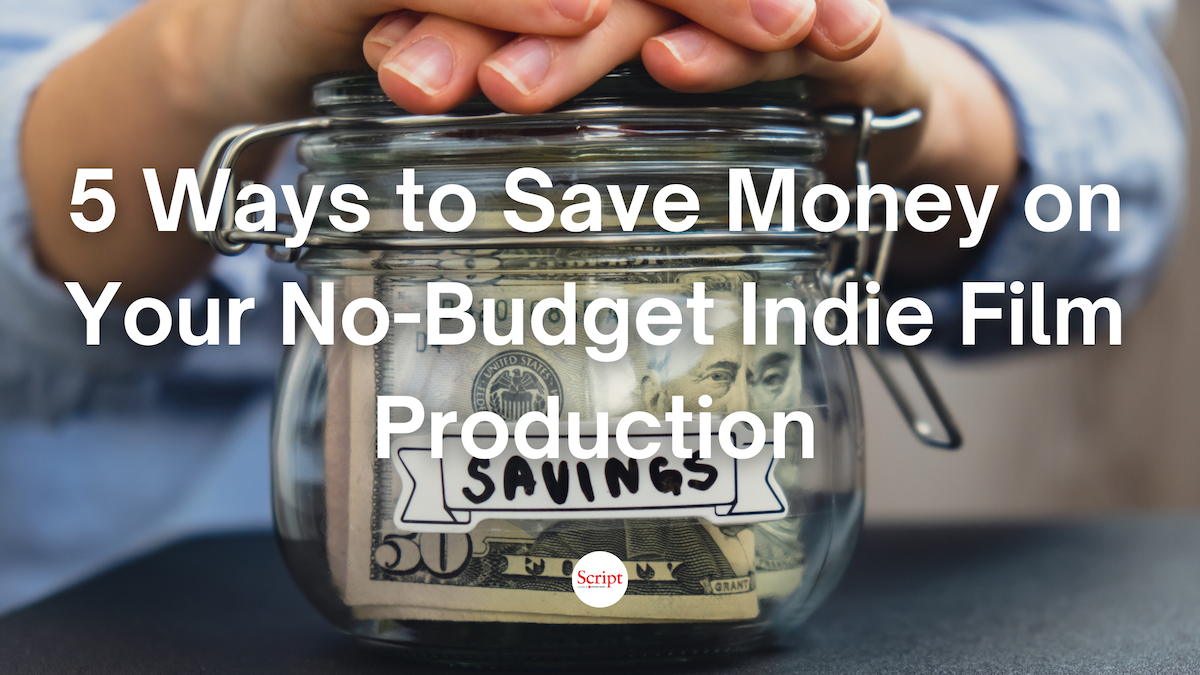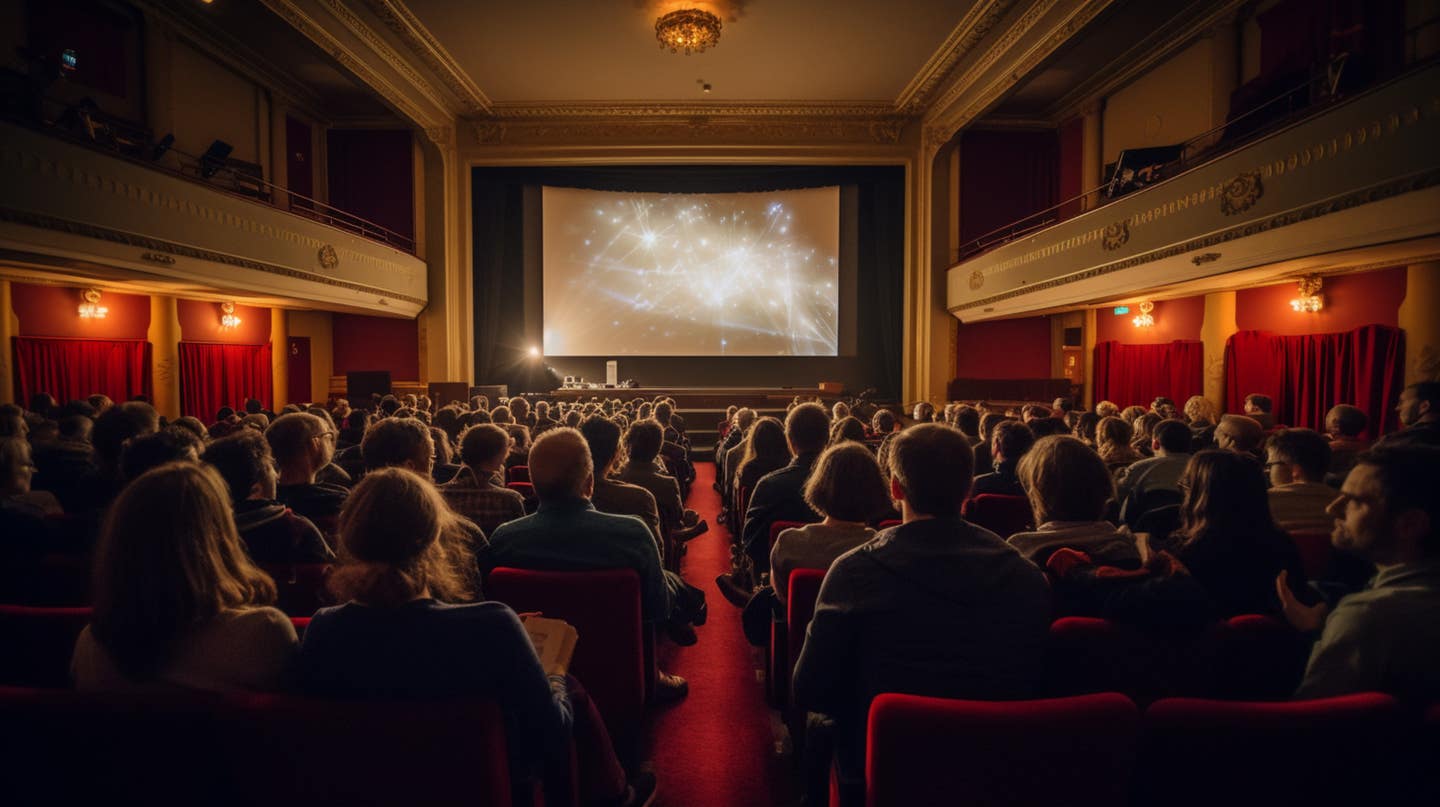TRUE INDIE: Finding Inspiration for Writing and Creativity with Wendy Calhoun and AFF’s Ghost Ranch Retreat
Rebecca Norris Resnick speaks with writer/producer Wendy Calhoun about how she got her start as a writer, how she encourages and inspires writers at Austin Film Festival’s Ghost Ranch retreat, and advice she has for breaking in and building a sustainable writing career.
As artists, it's all too easy to get distracted by the noise of everyday life and start to lose our creativity and focus. It's also certainly a challenge to create when caught up in the anxiety of these uncertain times. Yet what if there was an opportunity to escape all of that, rest, reset, and re-inspire yourself?
This August, an hour outside of Santa Fe, New Mexico, against the backdrop of the canyons and cliffs of the Colorado Plateau that once inspired Georgia O'Keeffe, writers and filmmakers can reconnect with nature and rediscover their creativity through Austin Film Festival's Ghost Ranch retreat.
I was excited to have the opportunity to interview Peabody Award-winner Wendy Calhoun, a visiting writer/producer who will be in attendance at Ghost Ranch this summer. We spoke about her unique path to success, advice she has for writers just building their careers, and what the retreat can do for indie writers and filmmakers.
Wendy's writing and producing career spans one-hour dramas, unscripted series, VR, and gaming. Her scripted drama credits include Empire, Nashville, Revenge, Justified, The Rookie Feds, Prodigal Son, and Station 19, and she's developed over a dozen new series with Netflix, FX, NBC, Universal UK, WBTV, Fox, and Starz.
Rebecca Norris Resnick: You’ve carved such a unique path in entertainment, from writing plays to writing for some of the biggest hit shows in television, to writing for games and VR. What inspired you to become a writer, and how did you initially get your start in the industry?
Wendy Calhoun: I was first bitten by the drama bug while participating in middle school improv competitions and acting at the Dallas Theater Center, which led me to attend Dallas’s Performing Arts High School. In my sophomore year, I wrote a one-act play that was produced. I felt elated when I saw my words brought to life on stage. More playwriting opportunities came quickly, and I wrote with carefree abandon. After graduation, I was blessed with a scholarship to New York University, where I studied at Playwrights Horizons and learned directing through Tisch Film/TV.
Once I finished NYU, I had no idea how difficult it would be to build a professional writing career. I knew no one in Hollywood. I cold-called every alumnus with a development executive title to introduce myself. Only one took my call and agreed to meet with me. I moved to Los Angeles and sat with my only cold-call contact, who introduced me to two more development executives. Within a month, through the kindness of those strangers, I found a job working as an assistant to two literary agents. That was my start down a long road of assistant gigs to becoming the Director of Creative Affairs at Village Roadshow Pictures.
While at Village, I produced my plays on the side – still chasing the joy. People began to see me as a writer, and my bosses at Village encouraged me to submit sample scripts for an Animal Planet docuseries they were producing. I became the head writer of that show, which led to years of unscripted work before I, miraculously, after many gut-punching rejections, leaped to writing one-hour scripted dramas. If I see any pattern in my journey, it’s that opportunities come through doing the work, keeping the faith, and trusting that the world will notice.
Rebecca: You’ve mentioned that you love the development process, starting with a germ of an idea, and helping it grow into a full-fledged show. What do you love most about the “baby phase,” so to speak, when it comes to developing ideas?
Wendy: My favorite aspect of developing new ideas, no matter the medium, is the chance to break old patterns and innovate formulas. Technology has revamped storytelling, and the systems designed to monetize filmmaking are imploding. I see this disruption as necessary. The old systems are dangerous. They marginalize, demonize, and stereotype. Fresh perspectives embracing gender and culture define this century's storytelling evolution, and being a pioneer traversing that unknown frontier drives me.
Rebecca: Speaking of developing ideas, the Ghost Ranch retreat sounds like a magical place to workshop new material and commune with other writers. What do you love most about the Ghost Ranch retreat, and how do you feel the retreat might help indie writers and filmmakers who are just starting out?
Wendy: I love being immersed in the Ghost Ranch retreat’s awe-inspiring nature. New Mexico’s expansive sky, peaks, and wildlife remind us of our fragility and interconnectedness. It levels the playing field for creativity. We’re not distracted by the industry illusions, the obsession with yesterday’s data, or the rampant fear that pollutes Hollywood thinking. The magic at Ghost Ranch comes from a desire to craft imagination and boldly share it. It’s primal. For new filmmakers and indie writers, the opportunity to exchange ideas with like minds around a cozy “campfire” circle is the best souvenir money can’t buy.
Rebecca: Would you mind describing your writing process and how you develop stories? How do you go about helping other writers at the retreat find what process works best for them?
Wendy: The details of my writing process vary with each script. I love immersive research, meaning I spend time in the story’s settings and with real-life people who mirror the characters. I tap into my documentarian spirit for specificity and let it morph into fictional renderings to encourage the essence of universal emotions. I brainstorm and break down the story beats, often using charts tracking every scene and comparing my structure to other films or shows in the same genre. I like to be conscious of when I’m following familiar narrative patterns or breaking new ground. I double-check the stakes and antagonistic forces. I prefer writing visually descriptive outlines and thinking about poetic imagery and fun transitions before scripting. I gather quotes, lyrics, and other inspirational sparks.
When it’s time to write a draft, I push for at least five pages a day. It’s a sprint – think speed writing while ignoring the inner critic. I like to read pages aloud and play with each character individually to track their wants, obstacles, habits, and uniqueness. My first drafts are primary markers for the story. I expect those pages to be terrible - on the nose, over the top, and on the surface. I resist letting a first draft get me down. Because I rewrite, rewrite, rewrite. That is when my intuition kicks in. Trusting my gut is the most challenging part of the practice, yet the most rewarding.
The greatest gift I can offer other writers at the retreat is actively listening and giving them space to express their fears, desires, and creativity. Writers rarely spend time with other writers open to receiving their insights. I love hearing how others navigate the work. We share many of the same trials and tribulations, and I treasure helping others explore their passions and voices. It’s exciting to share processes to find commonalities and debate the differences.
The Ghost Ranch retreat encourages screenwriters to explore and wander without outside noise or pressures. When we gather in New Mexico’s legendary majesty, we invest our precious energy into our most sacred visions. We’re opening emotional wounds in a safe place. We’re finding ways to heal through words. It’s rare, inspiring, and powerful.
Rebecca: What advice would you have for new writers and filmmakers who are looking to break into the industry during these uncertain times? As we know, there’s no direct path to “success” in entertainment, but what can writers do to help increase their chances at building a sustainable career?
Wendy: My advice to any filmmaker: Success lies in the relentless pursuit of creative passion. You (and I) are visionaries in the business of serving audiences. Forget the notion of breaking into the industry. Consider that YOU are the industry. You are innovators, not beholden to replicating yesterday’s hits. Your work comes before Wall Street, CEOs, executives, reps, and financiers, who are consumed with publicity, marketing, and distribution. They need you to create because your stories tap into an infinite wisdom they cannot access. Why? Because writing requires devotion to a practice as satisfying as breathing to you, and no industry worker has time for that luxurious way of living.
Your chances to increase the odds: quit. No, seriously. See how long you can go without writing. If it’s months or weeks, then it’s not a sustainable career. Move on. If it’s days or hours, then you’re unstoppable. The money, title, and recognition will come, but you won’t care because the practice sustains you.
AFF's Ghost Ranch retreat runs August 11-15 in Abiquiu, New Mexico. Veterans of film and TV, Wendy Calhoun (Justified, Revenge, Nashville, etc.), James V. Hart (Bram Stoker's Dracula, Contact, Hook), and Elgin James (Mayans M.C., The Outlaws, Lowriders, Little Birds) will guide writers through inspirational morning talks, small writing cohort groups, and optional script critiques. Participants can also enjoy hikes, campfires, ghost stories, and make time to write and enjoy the beauty of the ranch.
Learn more about the retreat HERE.
Rebecca Norris Resnick is a screenwriter, filmmaker, instructor for Writer’s Digest University, and columnist for Script Magazine. Distributed features include Cloudy With a Chance of Sunshine (Indie Rights and House Lights Media) and short films On Becoming a Man (Shorts International) and Toasted, which won the Canadian Film Centre’s ShortsNonStop competition. Rebecca’s films have screened in festivals worldwide including Cannes, Dances With Films, Hollyshorts, Manhattan Film Festival, Breckenridge Film Festival, and the Julien Dubuque Film Festival, and have won and been nominated for numerous awards. Rebecca is also an alumna of the ABC/Disney Television Discovers program, where her script Misfortune Cookies was performed in both New York and Los Angeles. When not working on her newest project, Rebecca stays on her toes chasing both her adorable daughter and her tuxedo cat, Sox.
Learn more about Rebecca at rebeccanorrisresnick.com.







